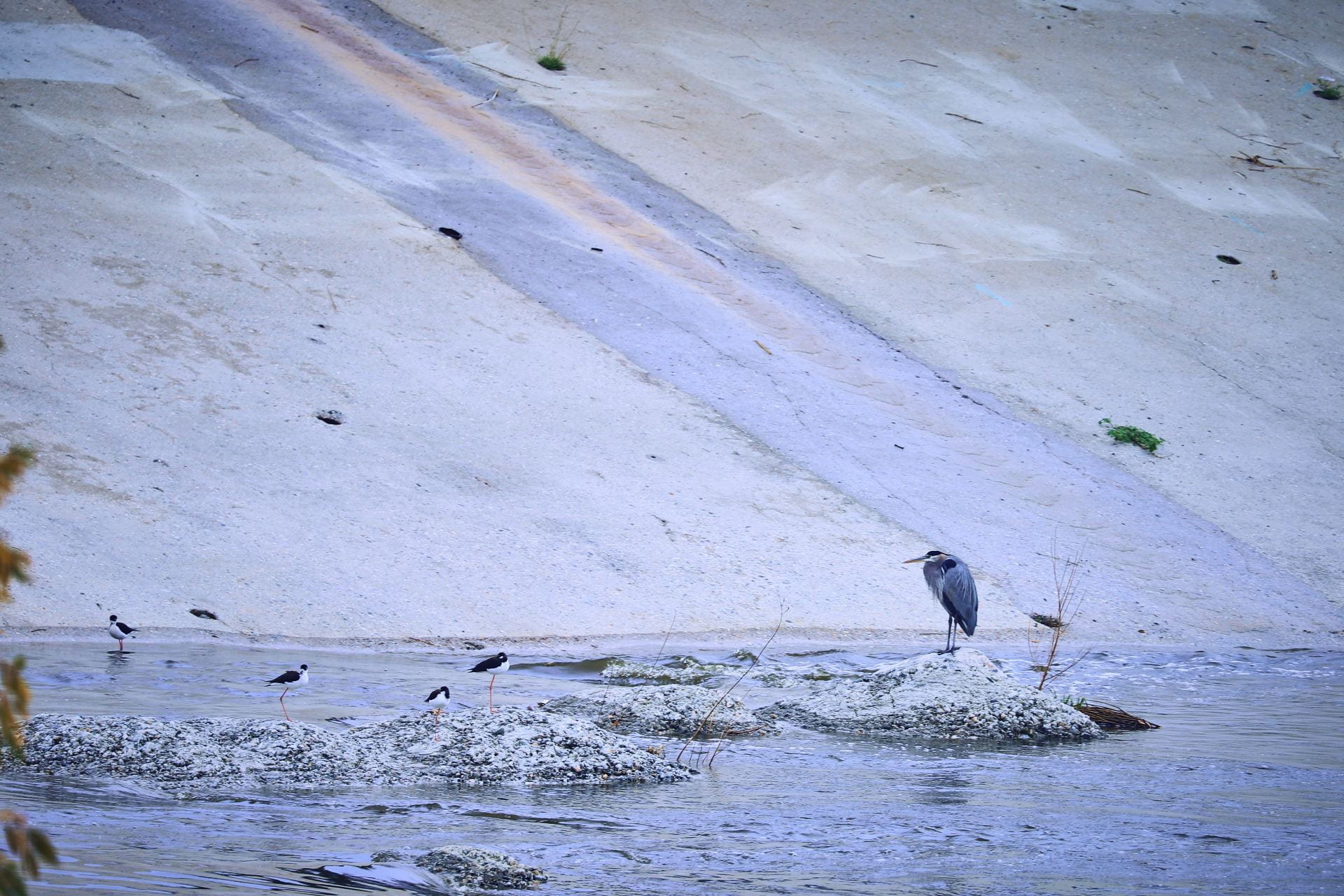
September 27, 2022
The inaugural forum of the Mellon Sawyer #PrecariousEcologies Seminar brought together several scholars, policy-makers and civil society activists. The forum served as a first chance to foster a conversation on the challenges, opportunities and new avenues of collaboration that arise between academia, government, and civil society in the context of the ongoing climate change crisis. While participants expressed a wide array of interests, priorities and approaches in relation contemporary environmental problems, the forum also revealed the many opportunities for collaboration that exist today both amongst different kinds of researchers and between academia, government officials and communities.
The forum was opened by a keynote presentation offered by Director Marta Segura, the founding Director of the Climate Emergency Mobilization Office (CEMO) for the City of Los Angeles. Director Segura provided details about her position as the founding Director of the CEMO, where she is working towards the creation of a network of equitable climate policies and strategies of climate emergency mitigation with the aim to align priorities and maximize resources in the city. Further, she reflected on the importance of universities in grounding truths and testing innovations with the common goal of achieving a more just and equitable future, and invited USC to expand investments and research in alliance with marginalized communities as a necessary contribution to solve the pressing issues raised by the climate emergency in the city.
Mrs. Segura’s keynote presentation was subsequently discussed by Professor Manuel Pastor, Distinguished Professor at USC’s Departments of Sociology and American Studies & Ethnicity. Drawing on his long experience conducting collaborative research with civil society organizations and community leaders, Professor Pastor offered ten lessons to foster just and productive dialogues between researchers, policy-makers, and communities. Such lessons emphasized the need for researchers to be self-reflective on their role as allies of the environmental justice movement by acknowledging the wisdom and intellectual prowess that arise from communities themselves.
Next, our inaugural event continued with a research forum where a panel of USC scholars reflected on the challenges of conducting research on social inequality, sustainability and environmental justice in southern California and beyond. While each panelist drew on their particular disciplinary traditions and methodologies to introduce their research to the audience, the conversation showed that the ongoing environmental crisis is increasingly demanding from researchers to foster interdisciplinary dialogues across disciplines and imagine new forms to delivering publications and research results to the public.
The panel included Andrea Ballestero, the Director of the Ethnography Studio and an Associate Professor of Anthropology; William Deverell, the Director of the USC-Huntington Institute on California and the West (ICW) and a Professor of History; Jill Johnston, the Director of Community Engagement in the Division of Environmental Health and an Associate Professor of Population and Public Health Science; John Wilson, the Director of the USC Spatial Sciences Institute and a Professor of Spatial Sciences and Sociology; and Joe Árvai, the Director of the Wrigley Institute for Environmental Studies and a Dana and David Dornsife Professor of Psychology and Biological Sciences.
We want to thank all participants for a productive, enlightening, and inspiring first event. We appreciate everyone who came, and we look forward to meeting even more of you at future events!
